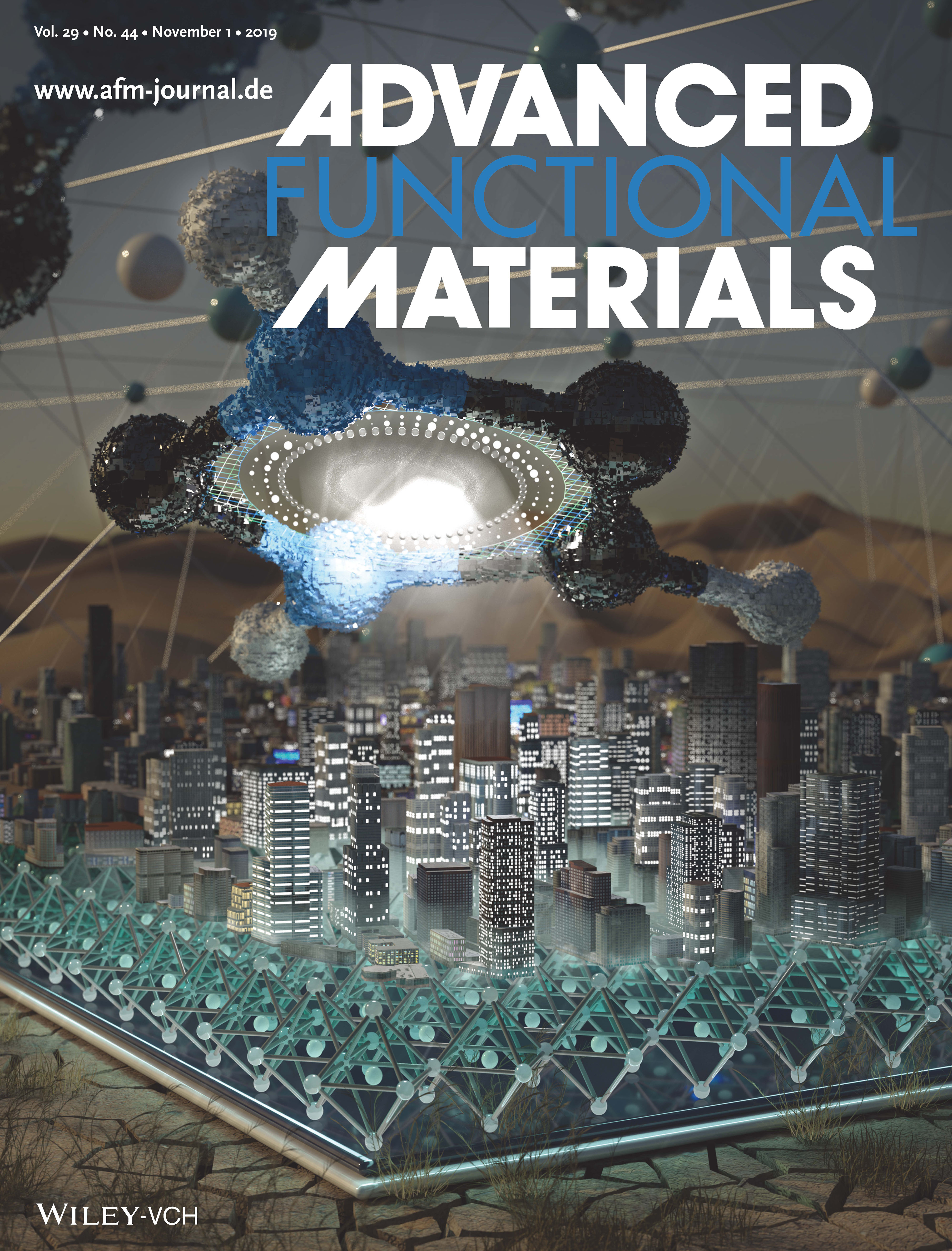loaction
SNU Professor Byungwoo Park’s Team Develops High-Efficiency Long Life Perovskite Solar Cell
-
작성자
관리자
-
등록일
2019.12.12
-
조회수
714
SNU Professor Byungwoo Park’s Team Develops High-Efficiency Long Life Perovskite Solar Cell
- Improves stability by adding aromatic amine compounds and achieves 20.9% photoelectric efficiency.
- "It will greatly contribute to the performance and longevity of perovskite solar cells."

< (From left) SNU Professor Byungwoo Park, Dr. Jinhyun Kim>
A team of South Korean researchers has developed a technology that can dramatically improve the performance and longevity of perovskite solar cells.
SNU College of Engineering (Dean Kookheon Char) announced on November 11 that the research team led by SNU Professor Byungwoo Park of the Department of Materials Science and Engineering developed a technology that can dramatically improve the performance and lifespan of perovskite solar cells by using 1,2,4-triazole, an aromatic amine.
Perovskite solar cells have been recognized as the next generation of solar cells due to their high efficiency and low processing cost. However, the perovskite material is made of a glazed structure and has properties that easily react to external natural stimuli such as moisture, heat and light. Due to this reason, low life expectancy has been pointed out as a problem when devices that are applied with actual materials are operated in an external environment.
To solve this problem, the research team applied the idea of using aromatic organic matter containing stable and efficient amounts of amines. When 1,2,4-triasol, an example of such an organic substance, is combined in perovskite, optical and electrical properties are improved. In addition, the research team observed that the concentration of defects in the material decreases and the location of the defects becomes shallow inside the band.
As a result, they have achieved an improved photoelectric efficiency of 20.9% and succeeded in achieving a higher device life, which was more than twice as much as the existing device, even in extreme environments of 85°C and 85% relative humidity. The research team improved the safety of perovskite and at the same time created ideal materials and elements by utilizing unique characteristics of aromatic organic matter and optimizing the amount of 1,2,4-triazole.
"1,2,4-triazole aromatic organic matter that contain large amounts of amines are the key technology that reduces the high external reactivity of previously reported organic matter," said SNU Professor Byungwoo Park who led the study. "This will serve as the basis for research on the improvement of performance and longevity through defects and structural control inside perovskite materials," he added.

< “Advanced Functional Materials” Cover Research Paper>
This research that Dr. Jinhyun Kim of Professor Byungwoo Park's research team participated in as the main author was supported by the Korea Energy Technology Evaluation and Planning’s new and renewable energy project in September 2018. The research results were also noted worldwide and published as the cover paper of "Advanced Functional Materials," an international academic journal in the field of energy materials.
-
이전글SNU - SK Telecom Joint Technical Commercialization Ceremony
-
다음글Professor Byeng Dong Youn's One Predict, Selected As This Year's Top 10 Mechanical Technology